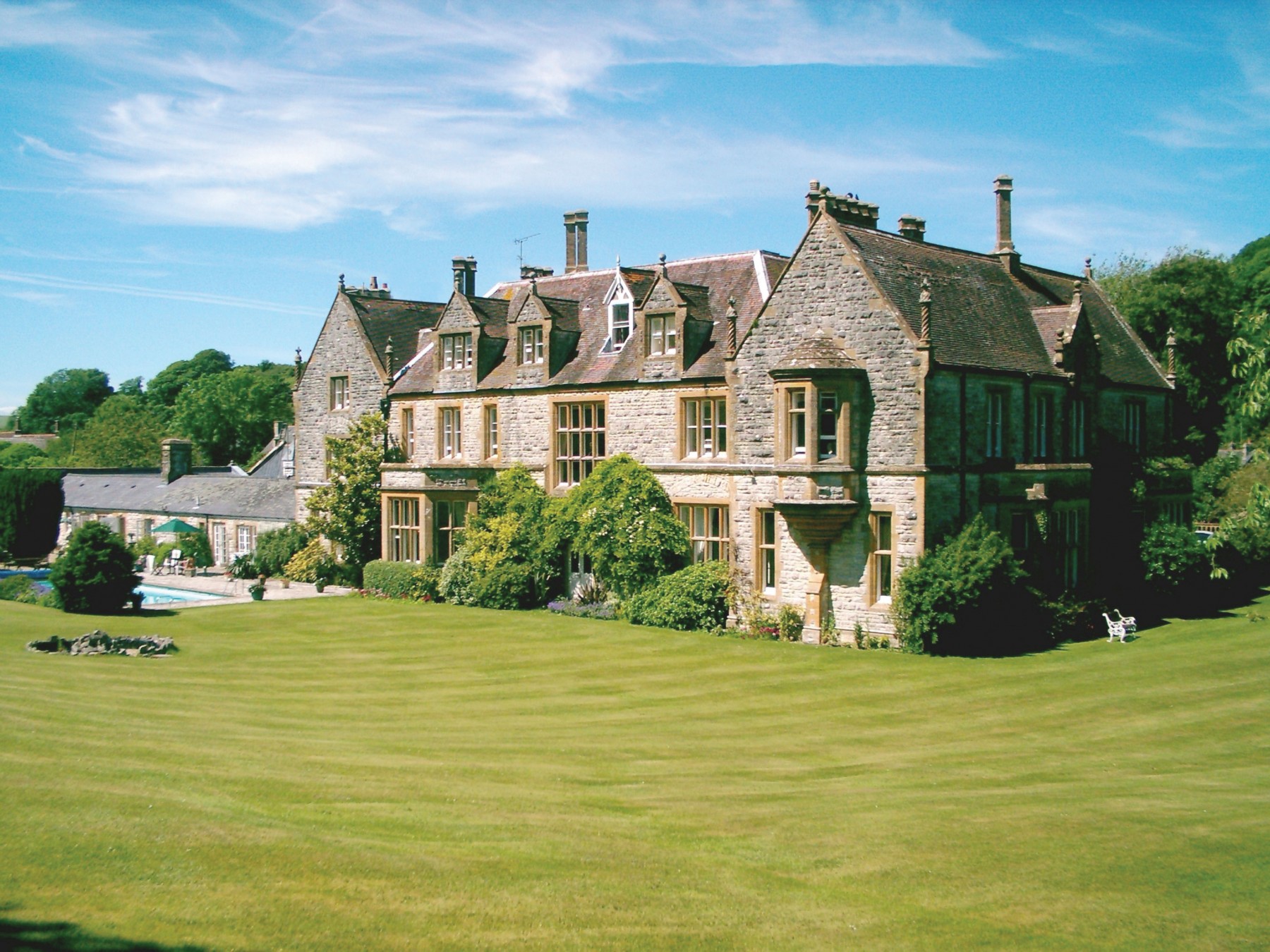As more people are living longer, they have an increasing number of options when it comes to deciding where and how to live. Many retired people are financially independent and have significant wealth in property and other assets. They want to use those assets to make their later years comfortable, fulfilling and fun.
Retirement villages and apartments are springing up around the country to cater for older people who want to live independently. A few older people even opt to stay long-term in hotels or on cruise ships as an alternative to remaining in their own home or residential care.
Hotels and cruise ships certainly sound like fun, but are they practical? They offer the benefits of serviced accommodation, meals and leisure facilities but they won’t look after your personal care needs. You also won’t have much in the way of your own possessions around you or opportunities to personalise your living space.
Later Life Luxury Living
The growth of different retirement living options does, however, show that there’s a strong demand for a touch of luxury in later life. People may decide that they no longer want the responsibility of running their own home but that doesn’t mean they want to compromise on their lifestyle or quality of their accommodation.
Steepleton Manor is designed to appeal to people looking for the style of a luxury hotel with modern facilities, combined with the reassurance of living in facilities built around the needs of older and possibly less mobile people. Having trained care staff on hand also means that personal and healthcare needs are taken care of.
The Manor is a grade II listed Victorian mansion, furnished and decorated to a very high standard. It stands in six acres of landscaped parkland making it a superb environment to support the wellbeing of our residents.
The meal options are as good as you will find in a hotel, with the added benefit that they have been balanced by our catering team to meet the nutritional needs of older people and some of the produce is grown in our own kitchen garden. Residents are also able to live as independently as they wish for as long as they are able and have a wide variety of leisure and activities and days out to choose from.
For those seeking a combination of comfort, care and good fun Steepleton Manor is the ideal choice. To find out more, contact us to arrange to visit.











